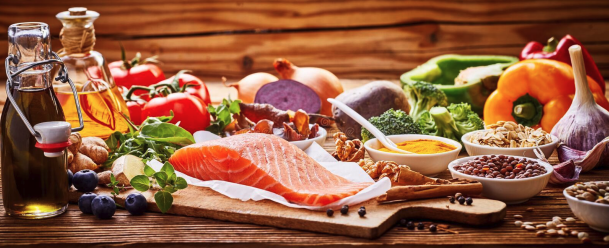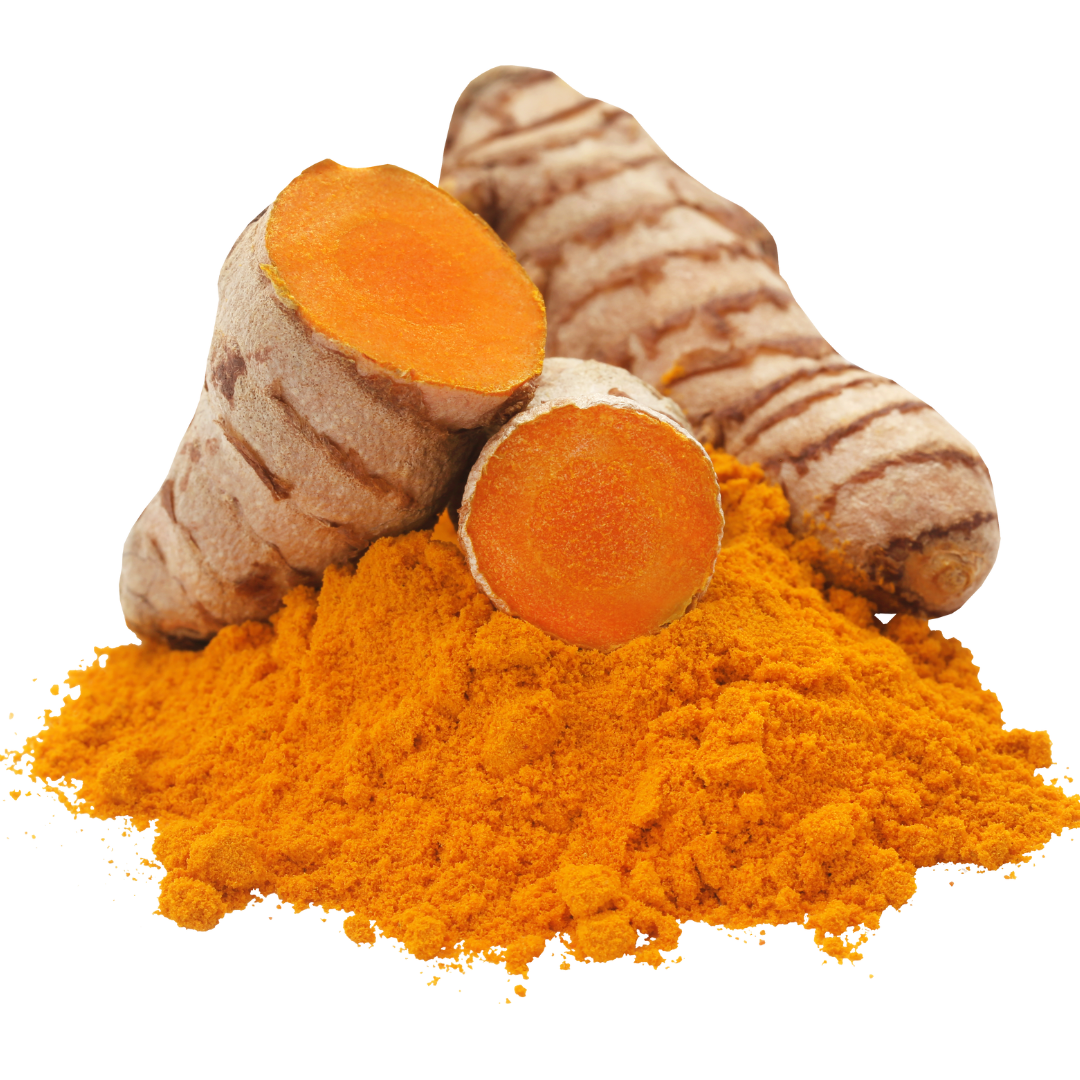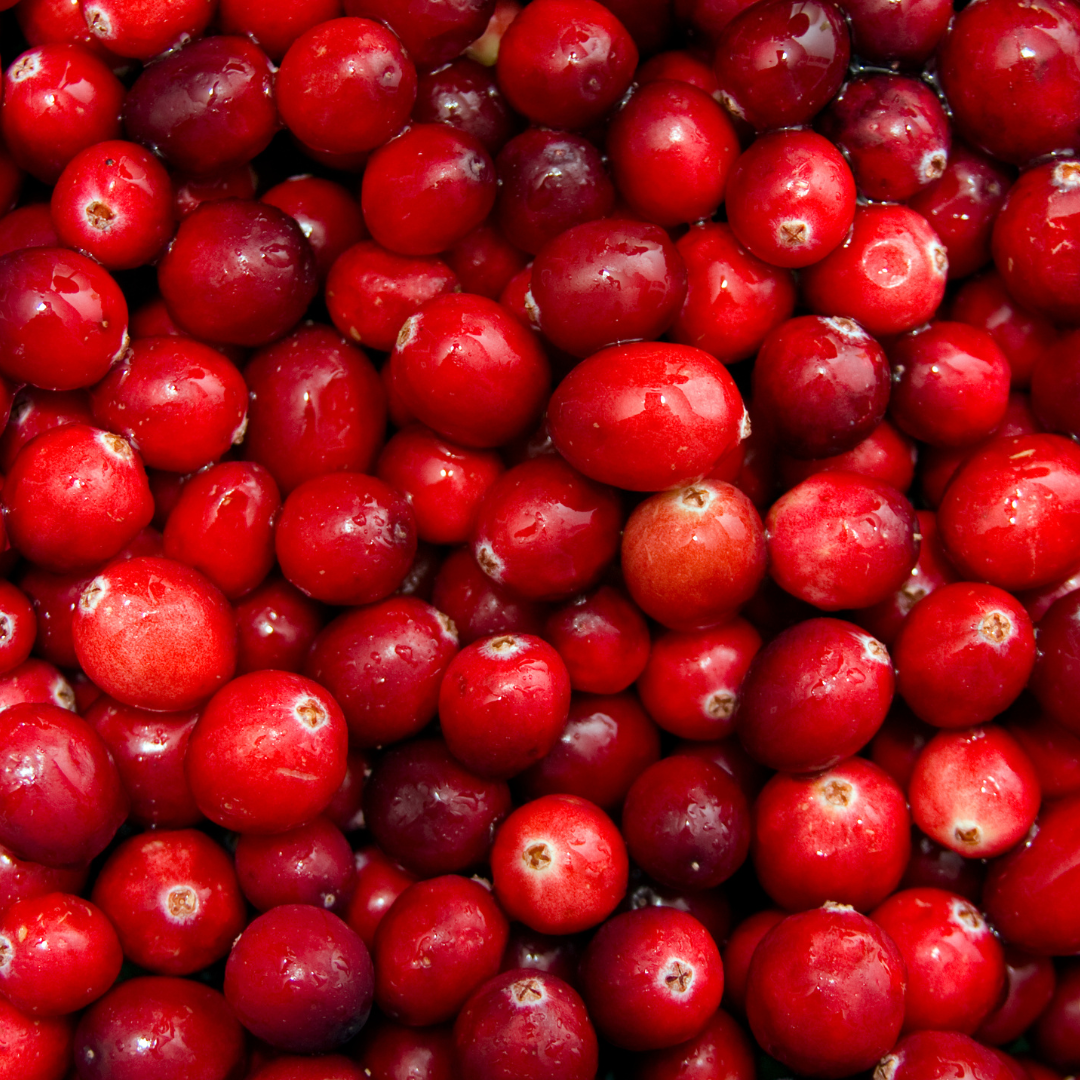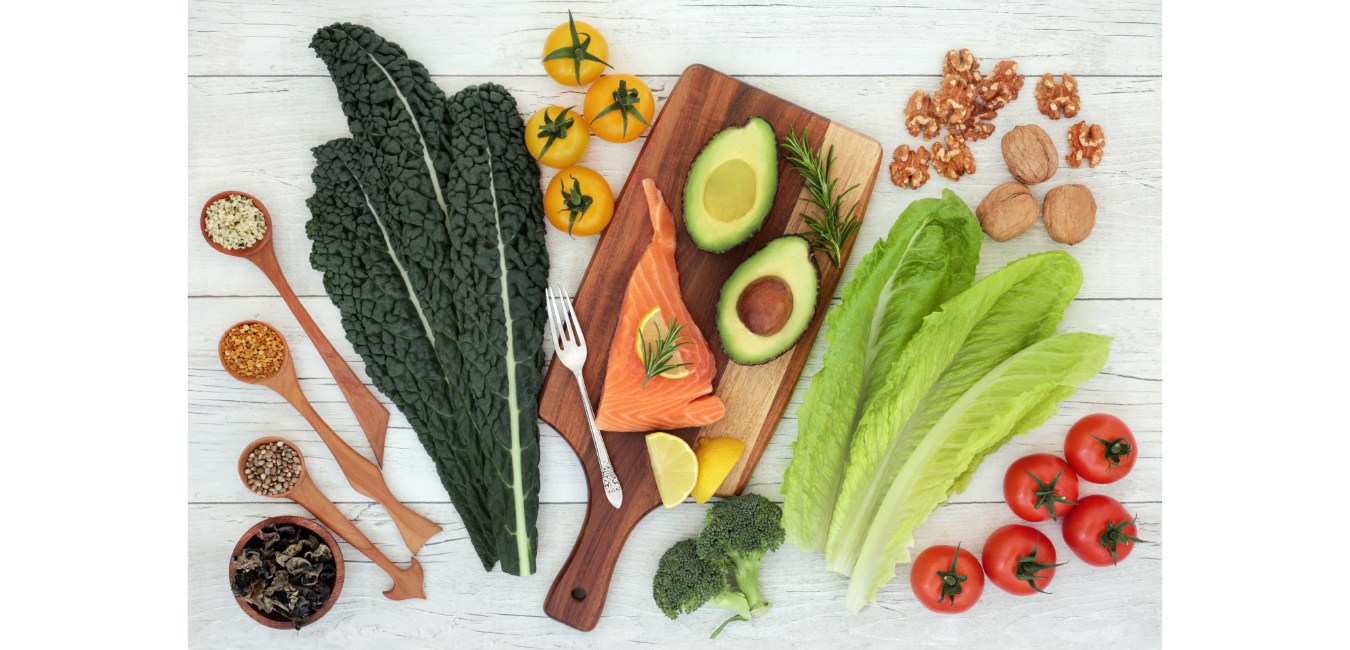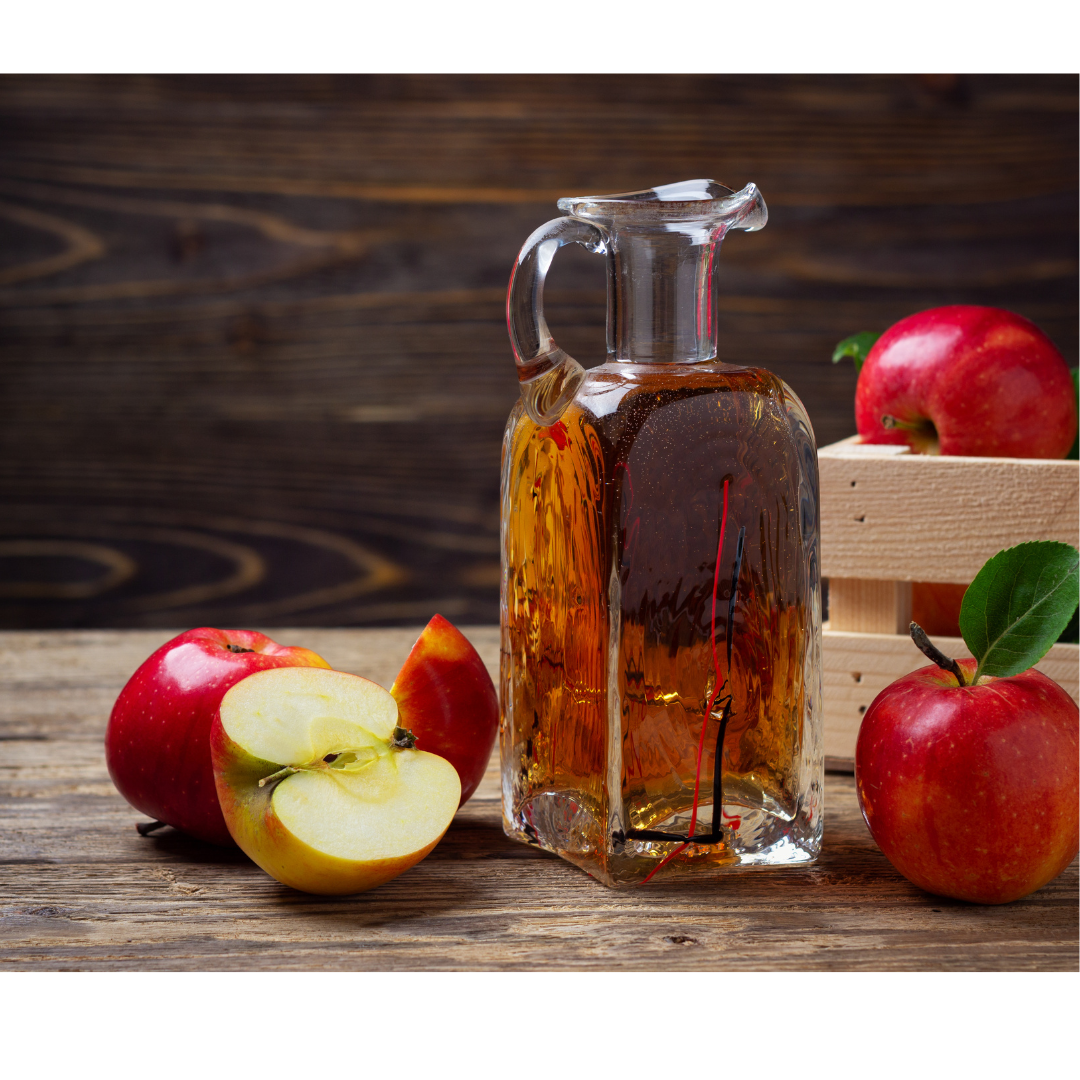Looking for a Valentine’s Aphrodisiac?
[caption id="attachment_8086" align="alignleft" width="227"] Nancy A. Palermo MD[/caption] If you are looking to heat things up in the bedroom, you might want to consider these overlooked aphrodisiacs. Scientific studies published over the past several years have found that lifestyle and dietary changes that promote heart health also promote sexual health. So basically, what is good for the heart is also good for the penis and clitoris. A 2011 study from the Mayo Clinic reviewing clinical trials of 740 men showed that men with ED (Erectile Dysfunction), even on medications, were 2.5Xs more likely to show improvements in sexual function when exercising more and eating a heart-healthy diet. So why is it? Well, it’s all related to blood flow, of course. Poor habits like eating the Standard American Diet (SAD),...



